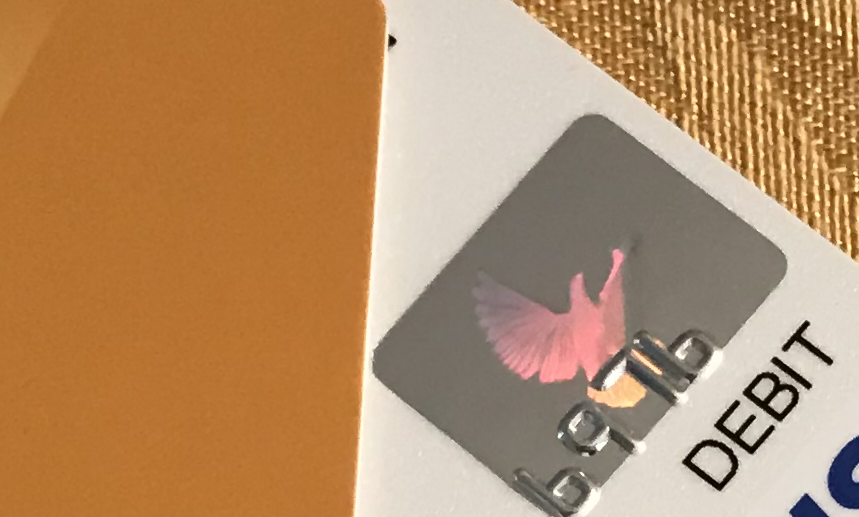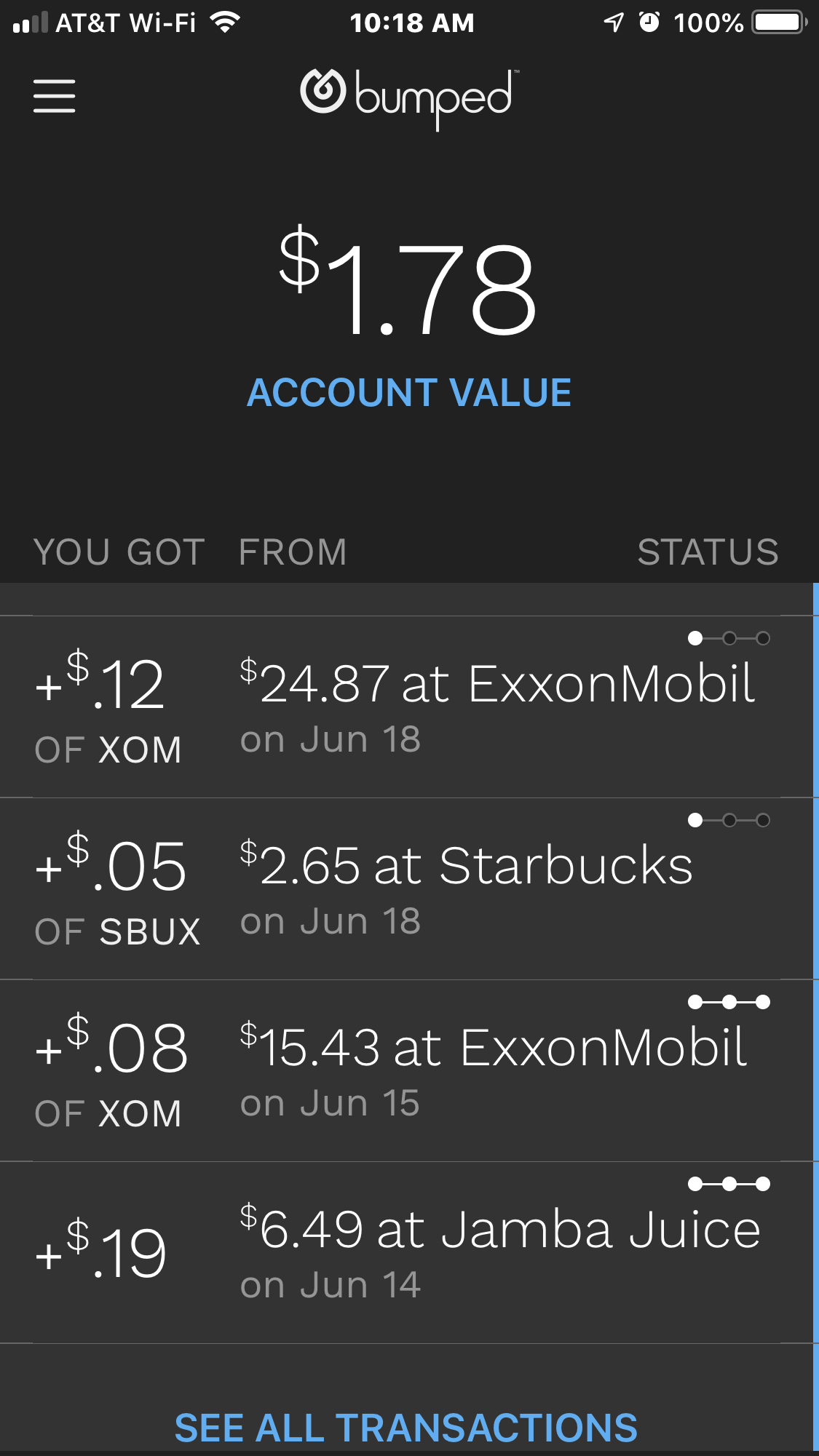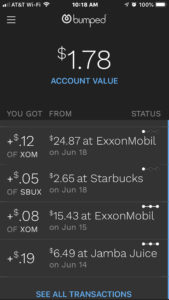by Fred Fuld III
The biggest mistake that investors make is selling too soon. If you have invested in a great company, and you have a decent profit, there is no reason to sell just because you have made money on it. Let me give you a couple examples of mistakes I have made so that you can learn from them.
Many years ago, when I was in the financial services industry, I was selling a lot of the Franklin Municipal Bond Funds and Franklin GNMA Funds. I went to visit the Franklin Mutual Funds headquarters (the company was in its old building at the time) to do some due diligence, and meet with the broker liaison at the company. When I was given a tour of the place, I noticed that walls were being knocked down, four people were sharing a small office designed for one person, and cables were literally being run down the hallways by installers right in front of me.
My first thought was “Wow,” this company is growing like crazy. I should check and see if Franklin Resources (BEN) is publicly traded. It was, on the Pink Sheets. (This was way before it was traded on the New York Stock Exchange.) I bought a couple hundred shares at about $7 per share, and it shortly rose to $8.
Also, at that time, I just bought a rental property. I thought at the time that I should probably sell the Franklin stock in case I needed the funds for the property, plus I had just made a 14% profit in a short period of time. I actually didn’t need the funds for the property down payment since I bought the property for nothing down (another story).
Since that time, the stock has had nine stock splits based on my calculation. If I had just kept the stock and forgot about it, my $1500 original investment would now be worth over $451,285, by my estimation, even after the stock dropped from $58 per share down to $21 per share over the last six years.
By the way, this extremely high return does not even include the dividends that I would have received over the years, which would obviously have boosted my return even higher. The stock currently yields over 5% right now.
I have another example. I had 100 shares of Boston Beer Company (SAM) that I held in multiple certificates. I had paid about $30 a share for the stock back in 2009. The next year, it rose to $90 a share. I thought that tripling my money in such a short period was a pretty good return, actually a fantastic return, so I thought, why not take all these certificates in to my broker and liquidate them.
While I was in the brokerage firm and one of the representatives was preparing a receipt for me including making copies of every certificate, another representative came over and said “What the hell is with all these certificates?” When he was making these rude comments, I seriously considered picking up my certificates, and leaving, but I didn’t, unfortunately. I wanted to take my profit. The stock is now trading over $643 a share. My original $3,000 would now be worth $64,300 in just one decade.
I could tell you one more story about Apple (AAPL) stock, but it would make you sick. It makes me sick whenever I think about it.
Anyway, the point that I am making is that the dollar amount of profit and the percentage amount of profit you have in a stock is irrelevant. If you believe in the company, there is no reason to sell it, unless you are very desperate for money. And if you are that desperate, see if you can get by with selling half.
Yes, you may read about the mistakes of holding on to losers, and not bailing out early. Maybe you lose $5,000 or $10,000 on a stock that goes to zero. But it is the big long term winners that pay for all those losses, and still provide huge returns.
Here is the best way to tell if you should sell a stock. Imagine that you didn’t own the stock but you have the money to invest in it. Would you buy it today? If the answer is yes, hold on to the stock. If the answer is no, sell it.
Disclosure: Author owns AAPL and SAM.




